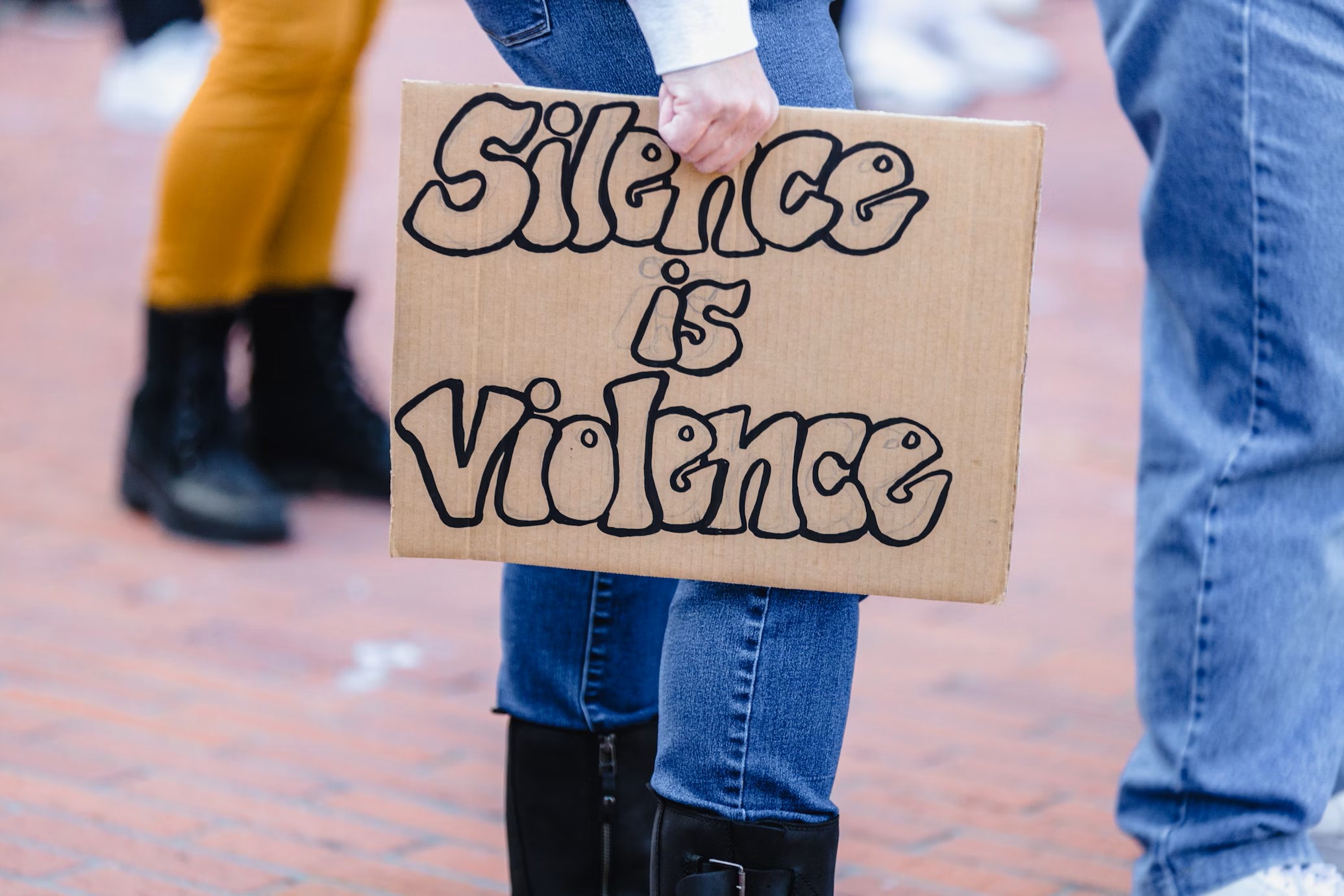
Marital Rape in India: Unmasking the Legal and Social Silence
Marital rape remains a distressingly overlooked issue in India, despite growing awareness of women's rights and gender equality. This blog explores the complex layers of marital rape, including the current legal landscape, challenges faced by survivors, and the broader societal implications of such violence within the sanctity of marriage.
Understanding the Legal Framework for Marital Rape
In India, the legal status of marital rape is shaped by a complex mix of cultural, historical, and legislative factors.
Section 375 of the IPC: The Marital Exemption
Under Indian Penal Code (IPC) Section 375, sexual intercourse by a man with his own wife—provided she is over 18 years of age—is not considered rape. This legal exemption implies perpetual consent within marriage and fails to recognize a woman’s right to bodily autonomy.
Historical Roots of the Law
The marital rape exception originates from British common law, which viewed a wife as her husband’s property. Although outdated, this patriarchal doctrine still influences Indian legal frameworks, prioritizing the privacy of marriage over a woman’s individual rights.
Constitutional Concerns
Many reform advocates argue that this exemption violates Articles 14, 15, and 21 of the Indian Constitution, which guarantee equality, non-discrimination, and the right to live with dignity. Despite widespread calls for reform, progress remains limited due to political resistance and concerns about misuse.
The Protection of Women from Domestic Violence Act (PWDVA), 2005
Though India lacks a direct law criminalizing marital rape, the PWDVA provides a civil legal remedy for various forms of domestic abuse, including sexual violence.
Civil Remedies Offered by PWDVA
-
Protection Orders: Bar the abuser from committing acts of violence or contacting the victim.
-
Residence Orders: Ensure the victim remains in the shared household without threat or dispossession.
-
Monetary Relief: Compensates for physical/emotional damage, medical bills, and lost income.
Limitations in Addressing Marital Rape
Lack of Criminalization
PWDVA treats abuse as a civil offense, offering no provision to imprison perpetrators of marital rape unless other criminal charges are invoked.
Partial Recognition
The act acknowledges sexual abuse but stops short of labeling marital rape a crime. This gap in the law leaves survivors without adequate legal recourse.
Cultural Resistance
The idea that marriage includes sexual entitlement remains widespread, with strong societal pressure to preserve marital harmony—often at the expense of women’s safety.
Fear of Misuse
Opponents of legal reform often cite the potential for false accusations, despite data showing underreporting is far more common.
Despite the Flaws: Why PWDVA Still Matters
Even without criminal penalties for marital rape, PWDVA provides important support mechanisms:
-
Offers protection and stability to victims
-
Allows for safe separation from abusive partners
-
Opens a legal pathway to healing and empowerment
Survivors’ Realities: The Human Cost
Survivors of marital rape face numerous obstacles:
-
Stigma for speaking out against a spouse
-
Financial dependency and lack of support
-
Social ostracism for challenging marital norms
The police and judiciary often trivialize complaints, favoring reconciliation over justice. This contributes to a cycle of silence and violence.
Judicial Perspectives and Public Debate
While recent court cases have sparked public discourse, India’s judiciary is still divided. Some judges reflect progressive thinking, while others cling to patriarchal interpretations that consider sex within marriage as inherently consensual.
Societal Change and the Role of Advocacy
Real change requires a cultural shift and legal reform:
-
NGOs, educators, and activists must continue awareness campaigns
-
Legislators must amend Section 375 to remove the marital rape exception
-
Society must move toward consent-based understanding of all relationships
Moving Forward: A Call to Action
Marital rape is a violation of human rights and a form of gender-based violence. To protect women’s rights and dignity, India must:
-
Criminalize marital rape
-
Support survivors through comprehensive services
-
Transform public attitudes around marriage and consent
Reach Out for Support
If you or someone you know needs help dealing with marital rape or domestic violence, contact our ‘Support’ and ‘Engage’ verticals for affordable, inclusive, and intersectional assistance.
Like our content? Please show support by sharing and upvoting.
Image Credits: Unsplash
This article reflects the author’s personal views. iDare does not endorse or take responsibility for the opinions expressed.
